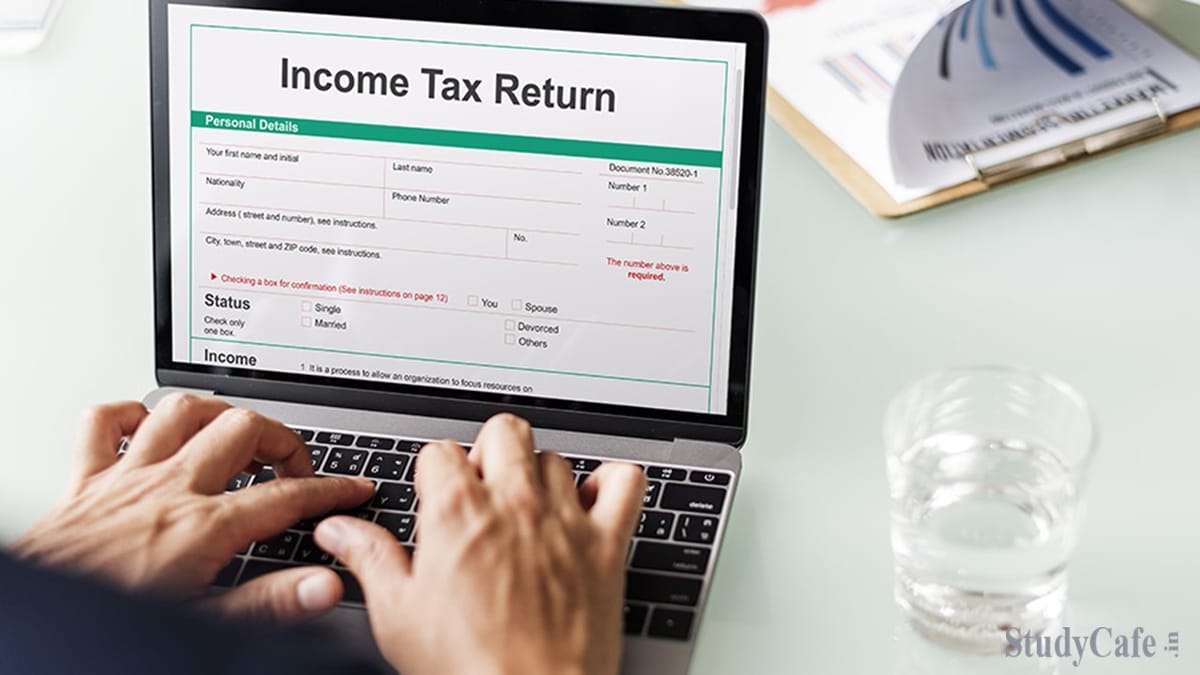Know all about new ITR Forms notified by CBDTs for FY 2021-22
Sushmita Goswami | Apr 4, 2022 |

CBDT Notifies New ITR Forms for FY 2021-22
The Income Tax Return (ITR) forms for FY 2021-22 have been announced by the Central Board of Direct Taxes (CBDT). A notification dated March 30, 2022, was sent out to the forms. The income tax return forms have remained mostly similar for the past two years.
Refer: CBDT Releases ITR forms for Financial Year 2021-22 [Assessment Year 2022-23]
ITR1 can be filed by individuals with a total income of up to Rs 50 lakh, just like last year. Salaries, income from a single-family home, and other sources like interest, dividends, and agricultural revenue up to Rs 5,000 can all be sources of such income.
If an individual is a director of a firm or has invested in unlisted equity shares, income tax on ESOPs is postponed, or TDS has been deducted under section 194N of the Income-tax Act, 1961, he or she will not be qualified to file ITR-1. TDS is deducted under section 194N when a cash withdrawal from a bank account exceeds a certain limit.
Individuals filing tax returns using ITR-1 will also be asked to provide a breakdown of their payment information, such as salary, perquisites, allowances exempt under section 10 (such as HRA, LTA, etc. if they chose the old tax system), and so on.
Individuals who receive pensions from foreign accounts and file Form ITR-1 in India will be required to give additional information. They will be required to provide information on the retirement benefits account held in a notified nation and the retirement account held in non-notified countries under section 89A.
Individuals must file ITR-2 if they have capital gains from the sale of assets such as mutual funds, stocks, and other securities, or if they own more than one home. If they have income and gains from a business or profession, they will not be eligible to use ITR-2. The ITR-2 form hasn’t changed significantly. Individuals will be expected to disclose new information about their employment this year as well. These include the kind of the employer and the employer’s entire address.
“Additional information has been captured on the ITR 2 form. The taxation trigger for stock option benefits offered by qualifying startups is deferred until the point of sale. A new timetable has been created to track the details of such deferments. Interest on PF contributions that exceed certain limits is taxed. The tax rerun forms are designed to record the information of any interest that has accrued “, said Deloitte India Partner Saraswathi Kasturirangan.
Individuals and HUFs (Hindu Undivided Families) (other than LLP) with total income up to Rs 50 lakh and income from business and profession must file ITR-4, commonly known as SUGAM. Sections 44AD, 44ADA, and 44AE are used to calculate business and professional revenue. This does not apply to anyone who is a director of a firm, has invested in unlisted equity shares, has income tax-deferred on an ESOP, or earns more than Rs 5,000 from agriculture.
Individuals and HUFs with profits and gains from a business or profession will be required to file ITR-3 unless they are eligible for ITR-4.
ITR-5 is for people who aren’t individuals, HUFs, companies, or individuals who are filing ITR-7.
ITR-6 is for businesses that aren’t eligible for an exemption under Section 11 of the Income Tax Act.
ITR-7 has been notified by the government on April 1, 2022. ITR-7 is applicable to individuals and businesses who are obliged to file returns under sections 139(4A), 139(4B), 139(4C), or 139(4D) of the Internal Revenue Code (4D).
In case of any Doubt regarding Membership you can mail us at [email protected]
Join Studycafe's WhatsApp Group or Telegram Channel for Latest Updates on Government Job, Sarkari Naukri, Private Jobs, Income Tax, GST, Companies Act, Judgements and CA, CS, ICWA, and MUCH MORE!"